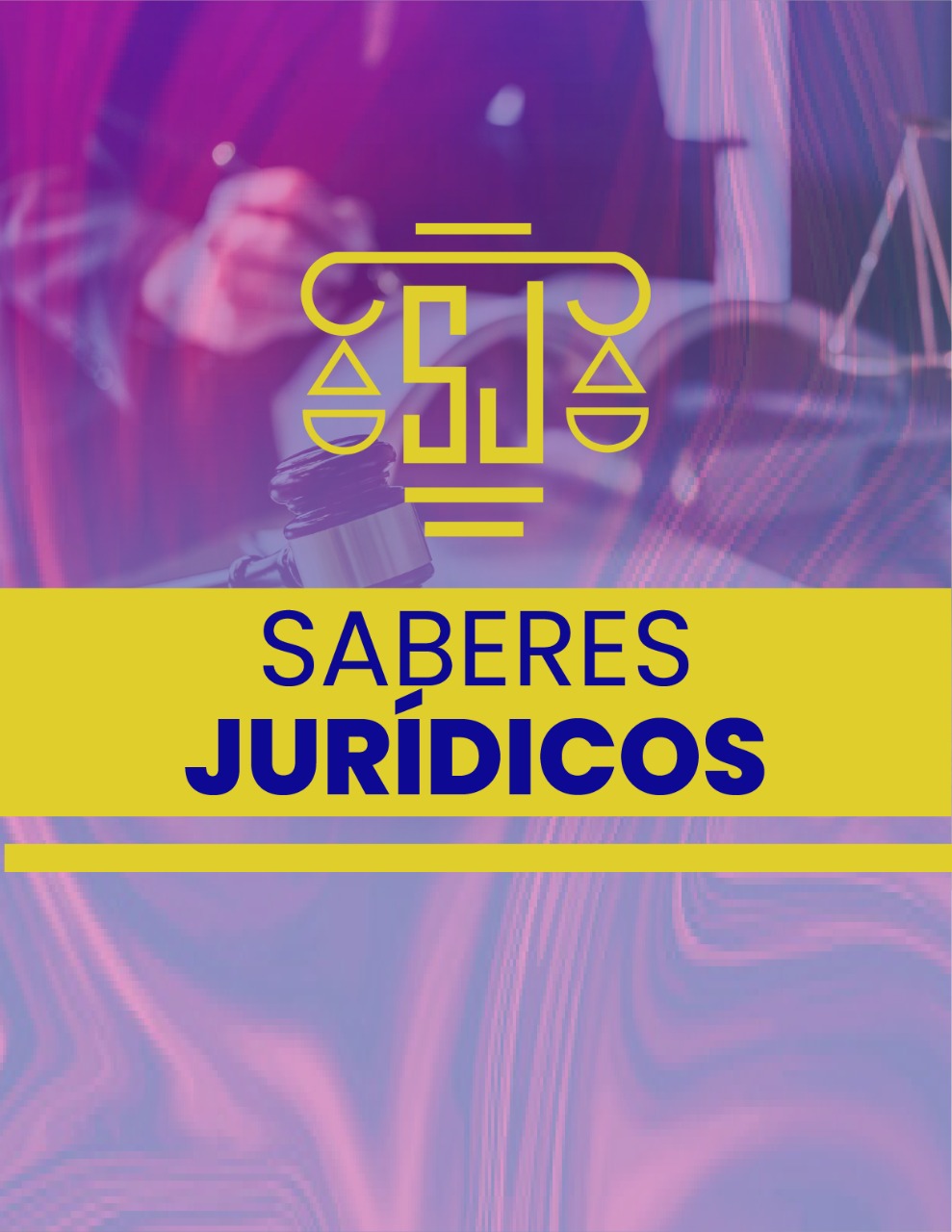The institutionalization of law from the point of view of hermeneutics
Main Article Content
Abstract
Downloads
Article Details
References
Alexy, R. (2004). Epílogo a la teoría de los derechos fundamentales. Colegios de Registradores de la Propiedad, Mercantiles y Bienes Muebles de España.
Amela, V. (2014). Amor contra Roma (1.a ed.). Ediciones B S. A.
Aristóteles. (2017). La política (8.a ed.). Panamericana.
Barrera, G. A. (2018). Ensayos sobre la decisión judicial (1.a ed.). Leyer.
Bechara, A. (2019). La balanza de derechos (1.a ed.). Ibáñez.
Bengoetxea, J. (s. f.). Teoría institucional del derecho. En Enciclopedia de filosofía y teoría del derecho (pp. 207-223). https://archivos.juridicas.unam.mx/www/bjv/libros/8/3875/8.pdf
Benjamin, W. (1998). Para una crítica a la violencia (Vol. IV). Taurus.
Casas, F. V. (2008). El revés del derecho (1.a ed.). Ibáñez.
Doria, E. N. (2019). La interpretación judicial frente al principio de la carga de la prueba (1.a ed.). Leyer.
Engels, C. M. (1848). Manifiesto del partido comunista (12.a ed., Vol. I). Panamericana.
Figueroa, G. G. (2018). El trabajo, su reglamentación en América. Leyer.
Foucault, M. (1999). Estrategias de poder (3.a ed.). Paidós Ibérica.
Foucault, M. (1979). Nacimiento de la Biopolitica. Paris, Francia: AKAL. Recuperado el 13 de 8 de 2022, de https://archive.org/details/pdfy-auQWs3JiD-GXy6H8/page/n27/mode/2up
González, V. I. (2015). La violencia de género en el ámbito laboral: Panorama iberoamericano (2.a ed.). Leyer.
González, V. I. (2016). El mobbing como manifestación de violencia en las relaciones de trabajo (1.a ed.). Leyer.
Hervada, J. (2018). ¿Qué es el derecho? (2.a ed.). Temis.
Johnson, E. L. (1983). El sistema jurídico soviético (1.a ed.). Temis.
Ley 1010. Por medio de la cual se adoptan medidas para prevenir, corregir y sancionar el acoso laboral y otros hostigamientos en el marco de las relaciones de trabajo. (2006, 23 de enero). Diario Oficial No. 46.160.
Maquiavelo, N. (2017). El príncipe (1.a ed.). Porrúa.
Martínez, J. M. (2020). Hay derecho. https://hayderecho.com/2020/10/07/instituciones-garantia-convivencia/
Montesquieu. (1748). El espíritu de las leyes. Book Trade.
Platón. (2019). La república (2.a ed.). Panamericana.
Puentes, J. A. (2017). El derecho como una institución. Leyer.
Pulido, C. B. (2008). El concepto y la naturaleza del derecho Robert Alexy (1.a ed.). Marcial Pons.
Rawls, J. (1971). La teoría de la justicia (12.a ed.). Fondo de Cultura Económica.
Rousseau, J. J. (2015). El contrato social (2.a ed.). Mestas Ediciones.
Universidad Externado de Colombia. (2015). “Los tres tenores” del derecho administrativo en el Externado. Derecho administrativo y derecho privado: interacciones (1.a ed.). Biblioteca EAP.
Sentencia T-687. (2003, 8 de agosto). Corte Constitucional. (Eduardo Montealegre Lynett. M. P.). https://www.corteconstitucional.gov.co/relatoria/2003/t-687-03.htm

